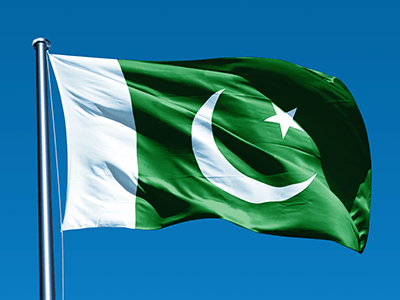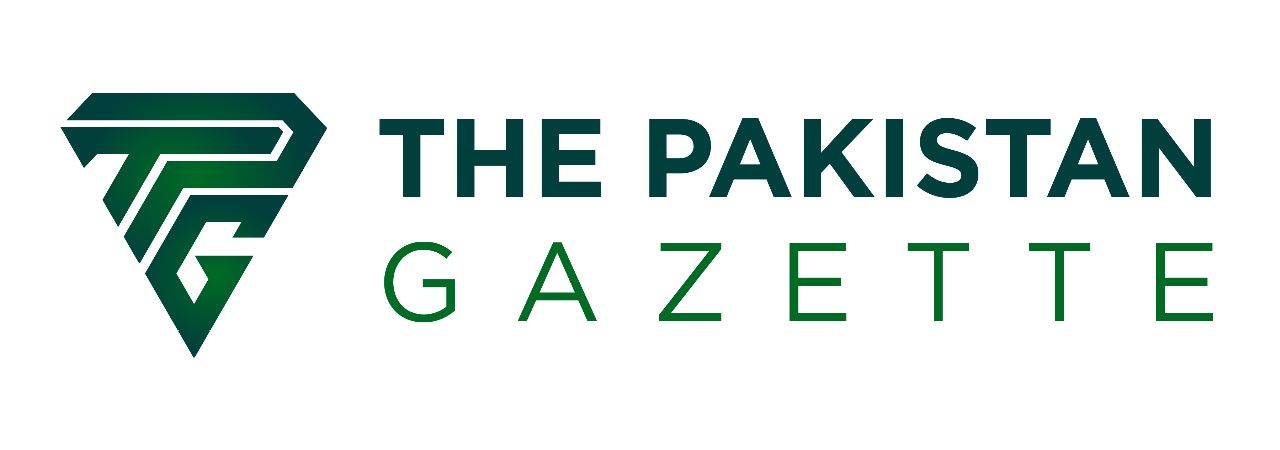
Defining National Interests – Pakistan’s National Interest
National Interests
National interests refer to the goals and objectives that a country seeks to achieve or protect in its interactions with other countries and in the international system. These interests can include economic prosperity, national security, preservation of a certain political system or way of life, and the promotion of certain values or ideologies. National interests are often used to guide a country’s foreign policy decisions and actions.

Determinants of National Interests
There are several factors that can determine a country’s national interests. Some of these include:
Geopolitical considerations: A country’s geographical location, natural resources, and proximity to other countries can all shape its national interests.
Economic considerations: A country’s economic well-being and prosperity can be a major determinant of its national interests.
Demographic considerations: A country’s population size, age structure, and ethnic makeup can all affect its national interests.
Military considerations: A country’s military capabilities and defence needs can play a significant role in shaping its national interests.
Ideological considerations: A country’s political system and values can also influence its national interests.
Historical considerations: A country’s past experiences and history can shape its national interests.
Domestic politics considerations: Political issues and the interests of different groups within a country can shape national interests.
International relations considerations: The current state of relations with other countries and the global political environment can also shape a country’s national interests.
All these factors can interact and overlap, and they may change over time, as well as depend on the particular context.
How to Secure National Interests
There are several ways that a country can protect its national interests:
Diplomacy: Countries can use diplomatic means to protect their national interests, such as negotiating treaties and agreements, and building and maintaining alliances with other countries.
Military force: Countries can use military force to protect their national interests, such as by building a strong military and using it to defend their borders and territorial integrity.
Economic measures: Countries can use economic measures to protect their national interests, such as by promoting trade, investment, and economic growth, and by implementing tariffs and other measures to protect domestic industries.
Intelligence and surveillance: Countries can use intelligence and surveillance measures to protect their national interests, such as by gathering information about potential threats and monitoring the activities of other countries.
Cybersecurity: Countries can use cybersecurity measures to protect their national interests, such as by protecting critical infrastructure and government networks from cyber attacks.
International organizations: Countries can use international organizations, such as the United Nations, to protect their national interests by working with other countries to promote peace, security, and economic development.
Public diplomacy: Countries can use public diplomacy measures to protect their national interests, such as by promoting their country’s image and values abroad, and by building positive relations with other countries.
All these measures can be used individually or in combination, depending on the specific national interest at stake and the context.
Role of Diplomacy in Securing National Interests
Diplomacy plays a crucial role in securing a country’s national interests. It can be used as a tool to prevent conflicts, solve disputes, and build mutually beneficial relationships with other countries.
Negotiations: Diplomacy can be used to negotiate treaties, agreements, and other forms of cooperation that can help to protect a country’s national interests.
Alliance building: Diplomacy can be used to build and maintain alliances with other countries that share similar national interests.
Conflict resolution: Diplomacy can be used to prevent and resolve conflicts between countries in a peaceful manner, which helps to safeguard a country’s national interests.
Economic diplomacy: Diplomacy can be used to protect a country’s economic interests by negotiating trade agreements, investment treaties, and other forms of economic cooperation.
Cultural diplomacy: Diplomacy can be used to promote a country’s culture and values abroad, which can help to build positive relationships with other countries and safeguard national interests.
Public diplomacy: Diplomacy can be used to shape public opinion abroad in favour of a country’s national interests, by communicating the country’s policies and positions to the international community.
Consular protection: Diplomacy can be used to protect citizens abroad by providing consular services and representation to citizens who are in difficulty or distress.
Diplomacy, in many ways, can be seen as a preventative measure, it helps to prevent conflicts and build cooperation, which in turn protects a country’s national interests.
Pakistan’s National Interest
The national interests of Pakistan are shaped by a variety of factors, including its geographic location, history, and domestic and international political environment. Some key national interests of Pakistan include:
National security: Pakistan has long had concerns about its security and stability, particularly in relation to its border with India.
Economic development: Pakistan is a developing country and economic growth and development are important national interests.
Political stability: Pakistan has experienced periods of political instability and maintaining a stable political environment is an important national interest.
Regional influence: Pakistan seeks to play a key role in regional politics, particularly in South Asia, and to be recognized as an important player in the region.
Relationship with the United States: Pakistan has had a complex relationship with the United States, which has been important in determining its foreign policy and national interests.
Relationship with China: Pakistan has a close relationship with China, which has been important in determining its foreign policy and national interests.
Nuclear development: Pakistan has nuclear weapons and has been keen to maintain its nuclear capability as a national interest.
Kashmir issue: Pakistan has a long-standing dispute with India over the region of Kashmir and the resolution of this issue is considered as an important national interest.
All these factors are not static, and they are subject to change over time, depending on the political, economic and social context.
Admin at The Pakistan Gazette

